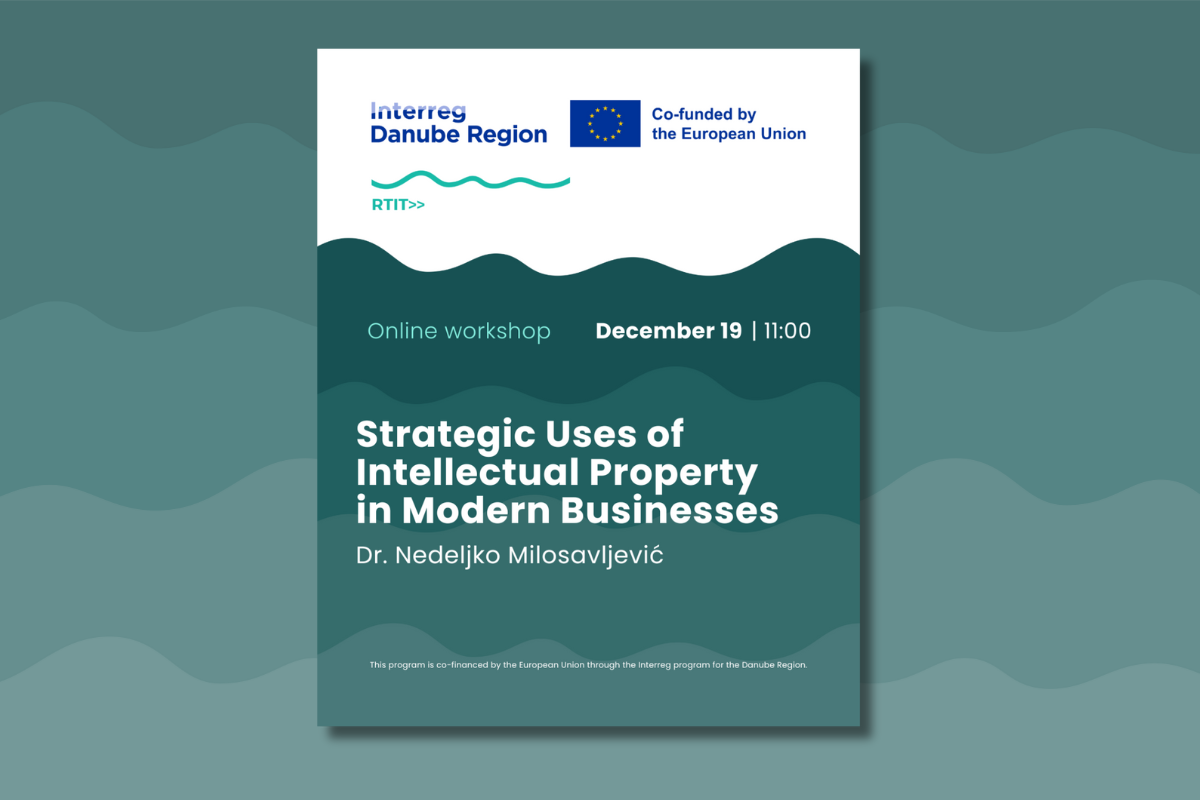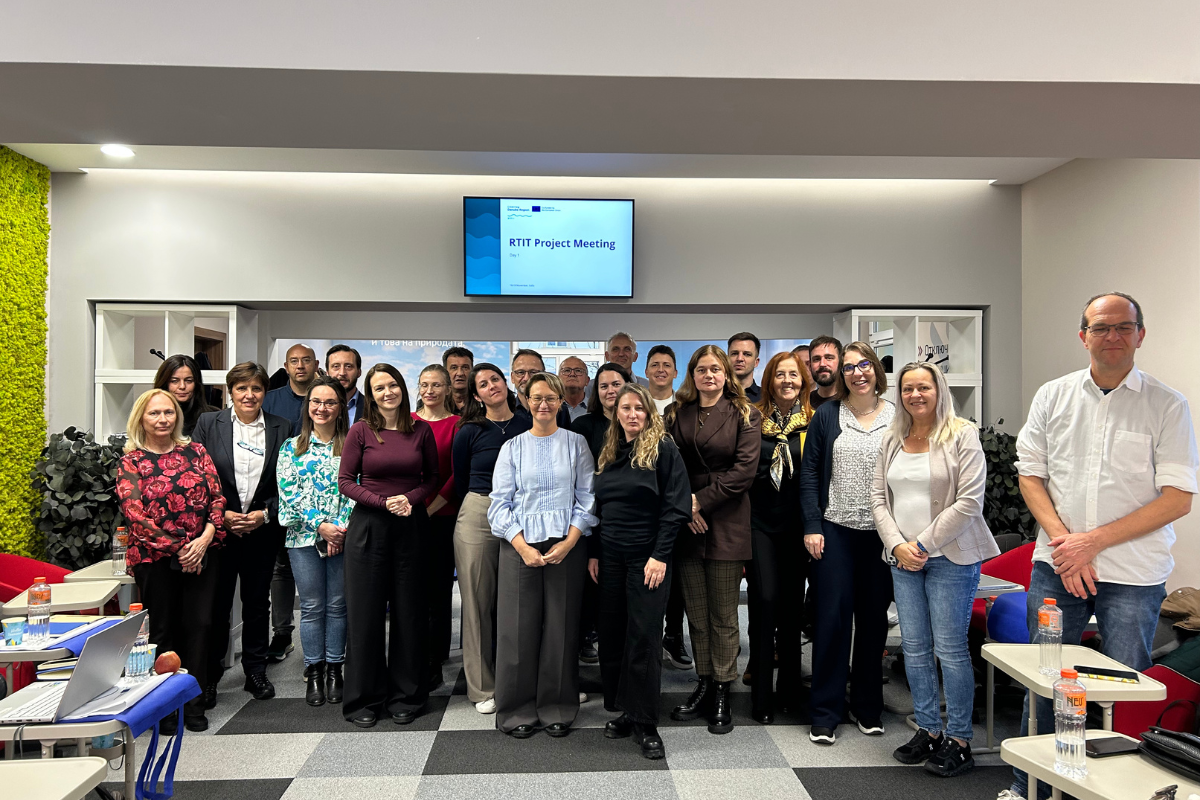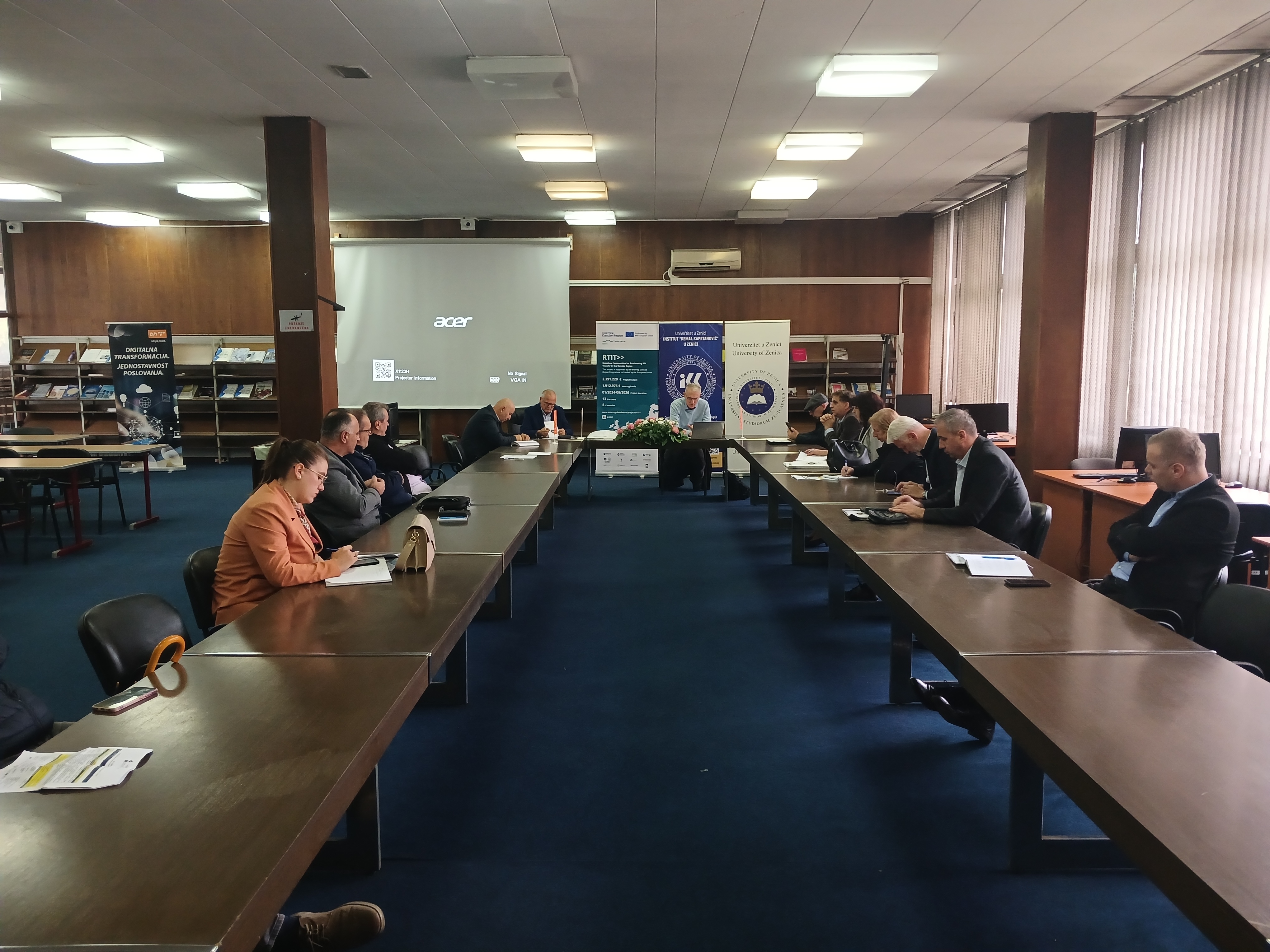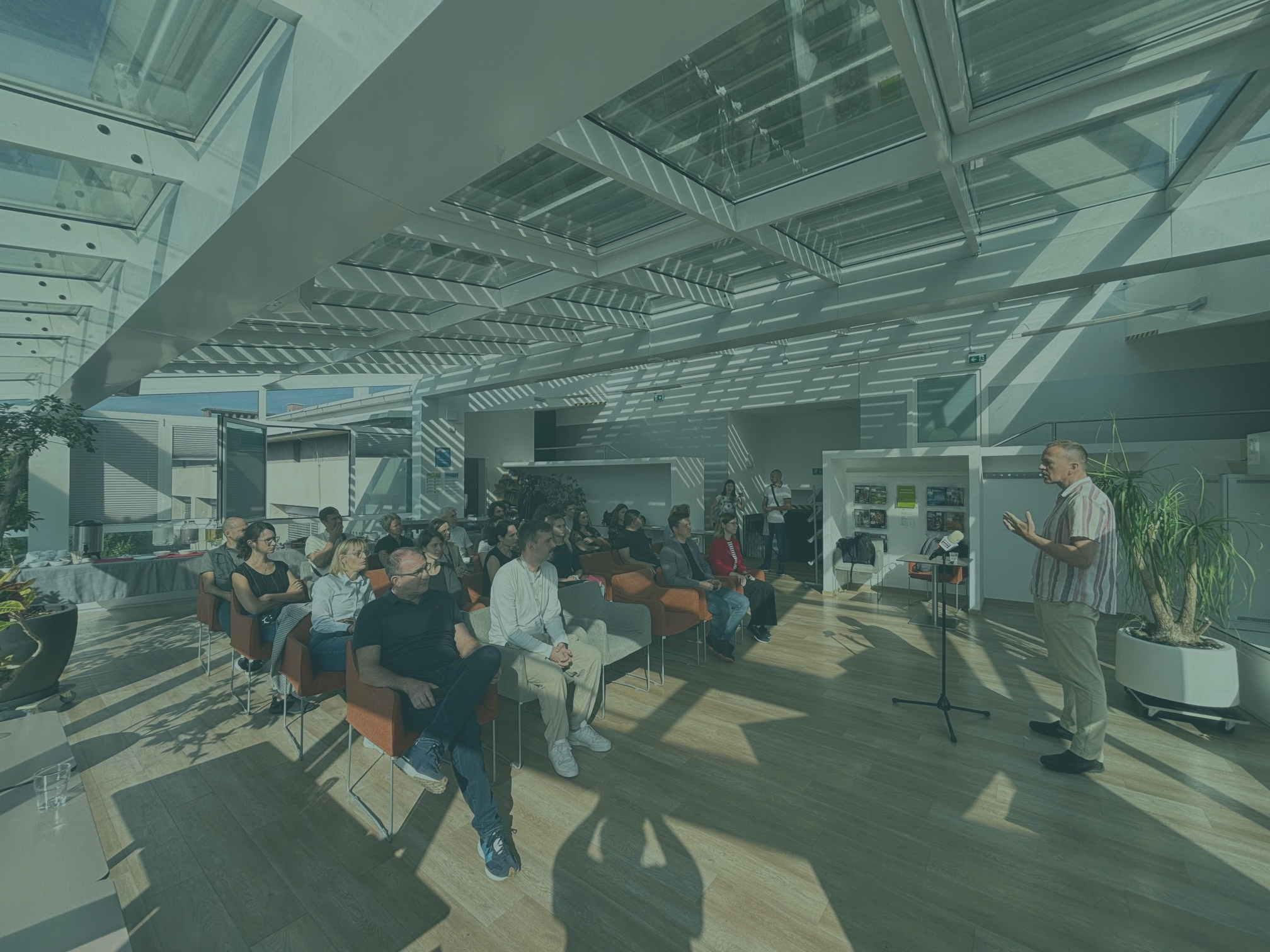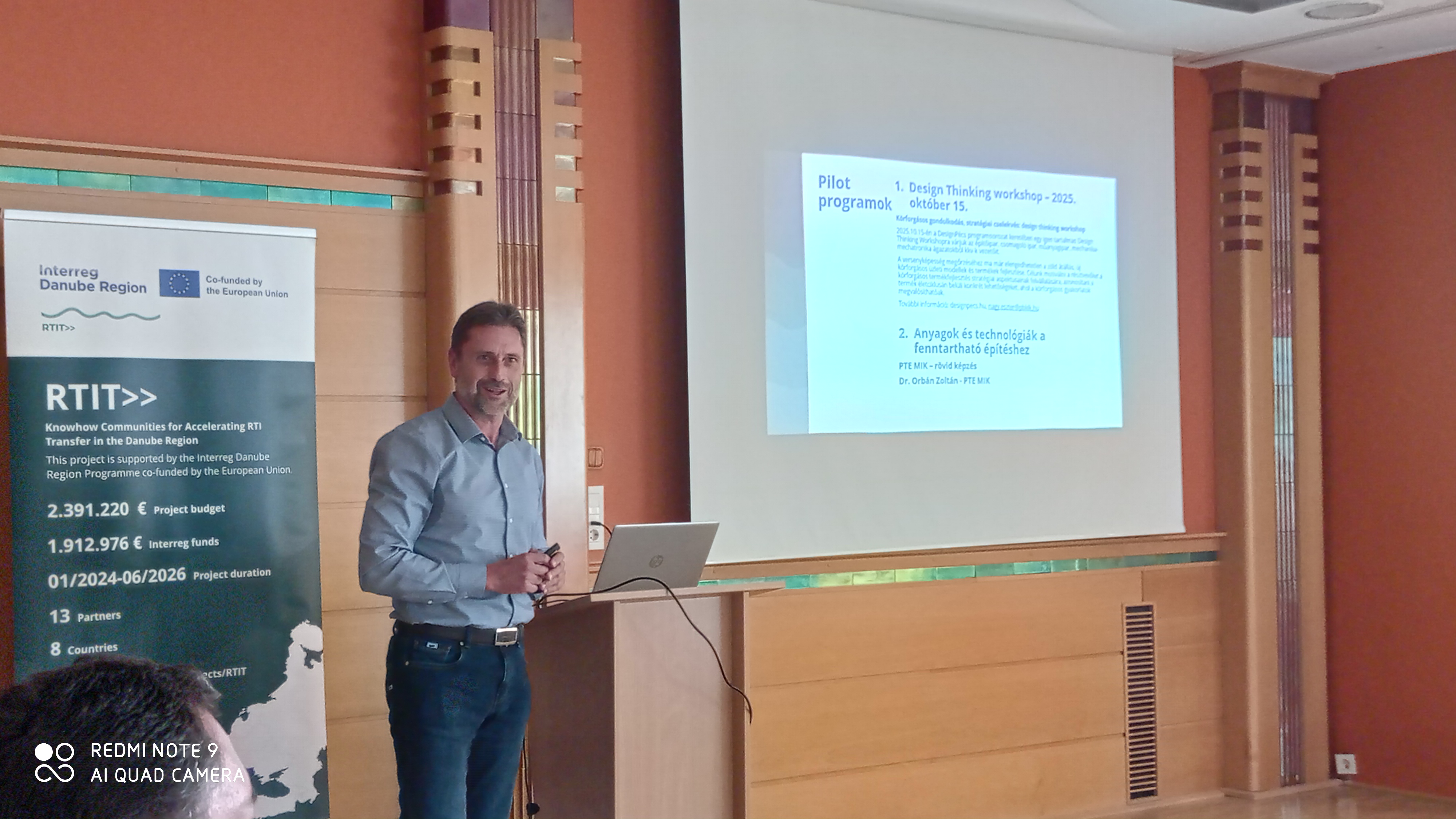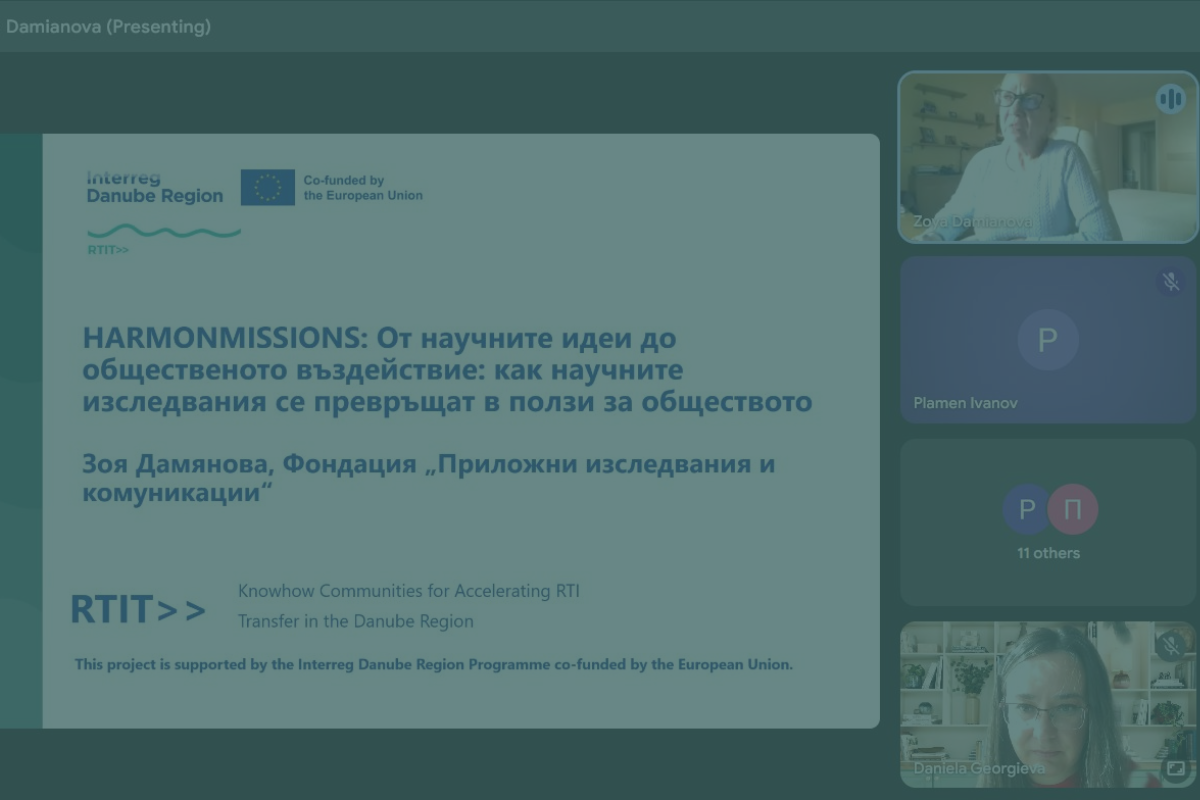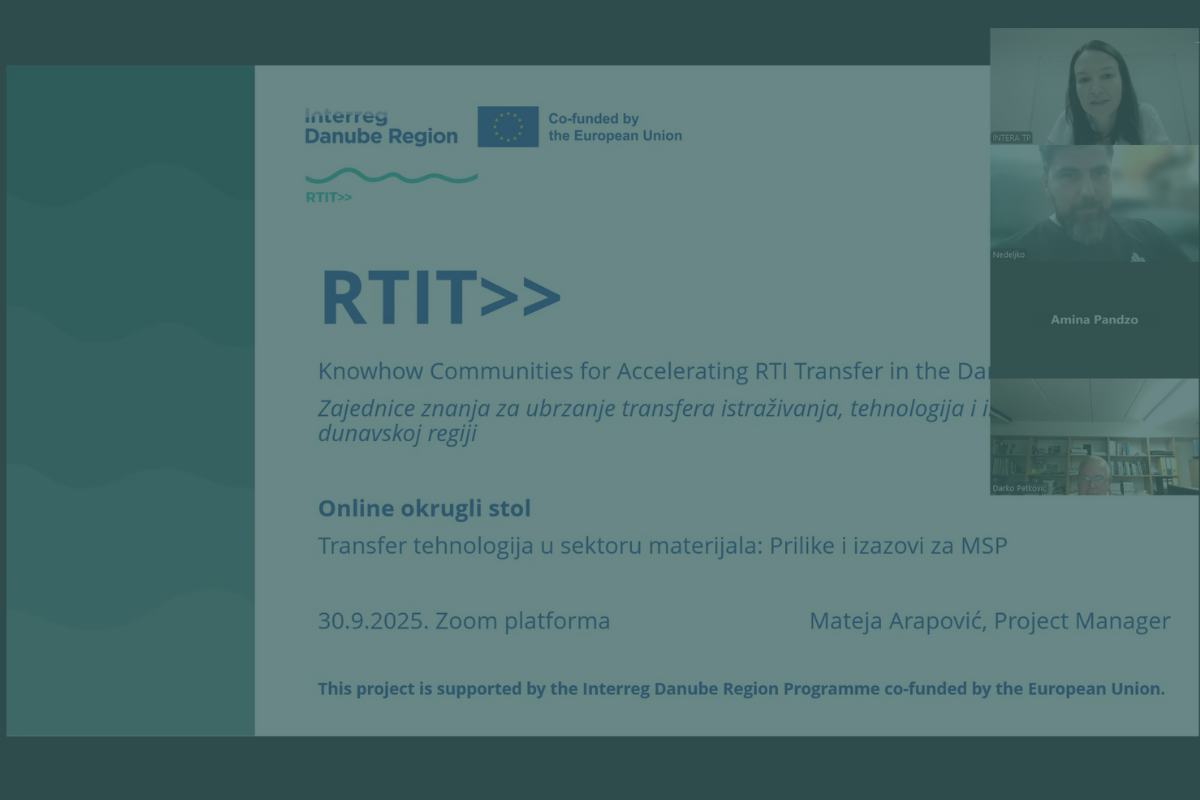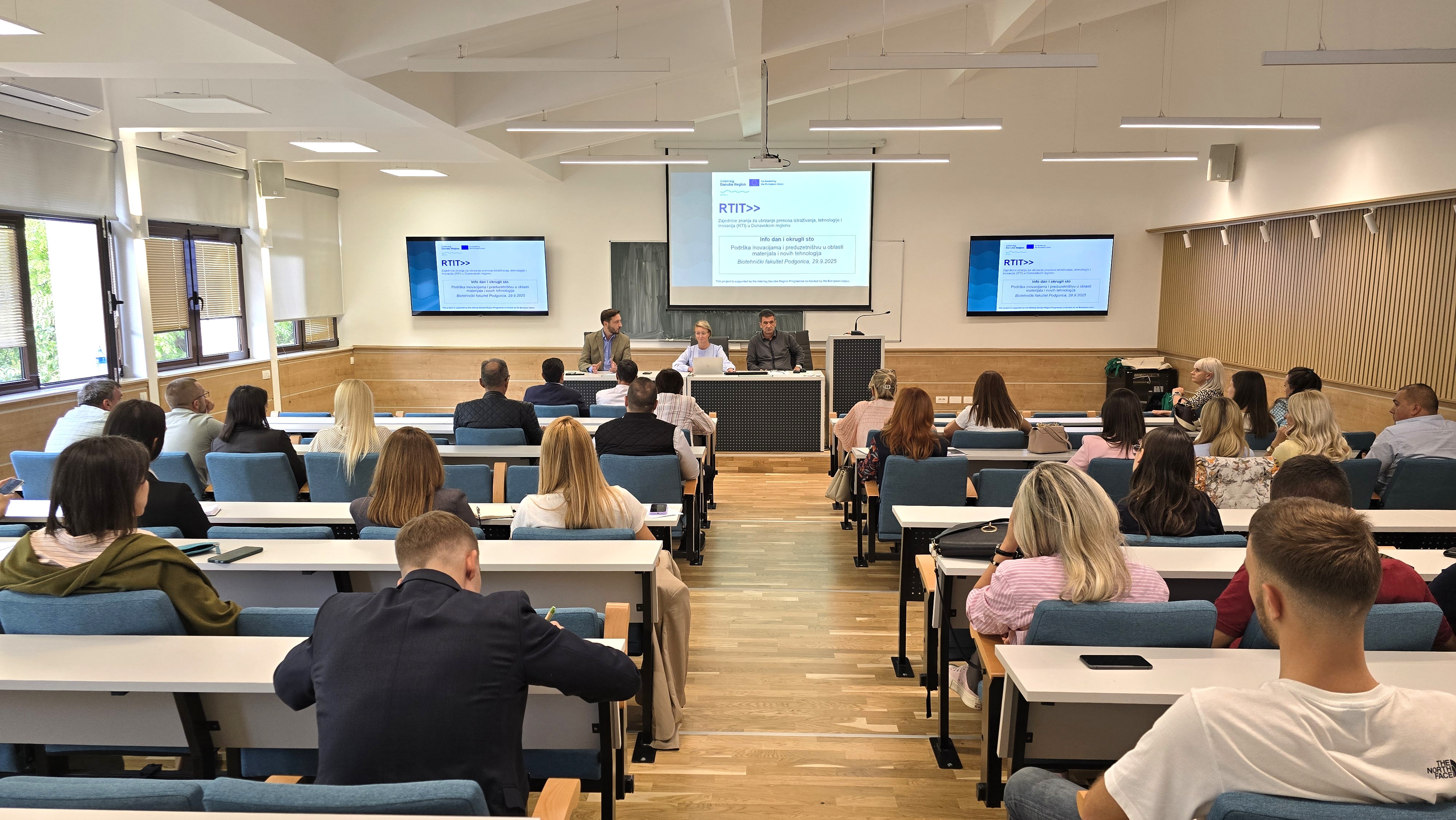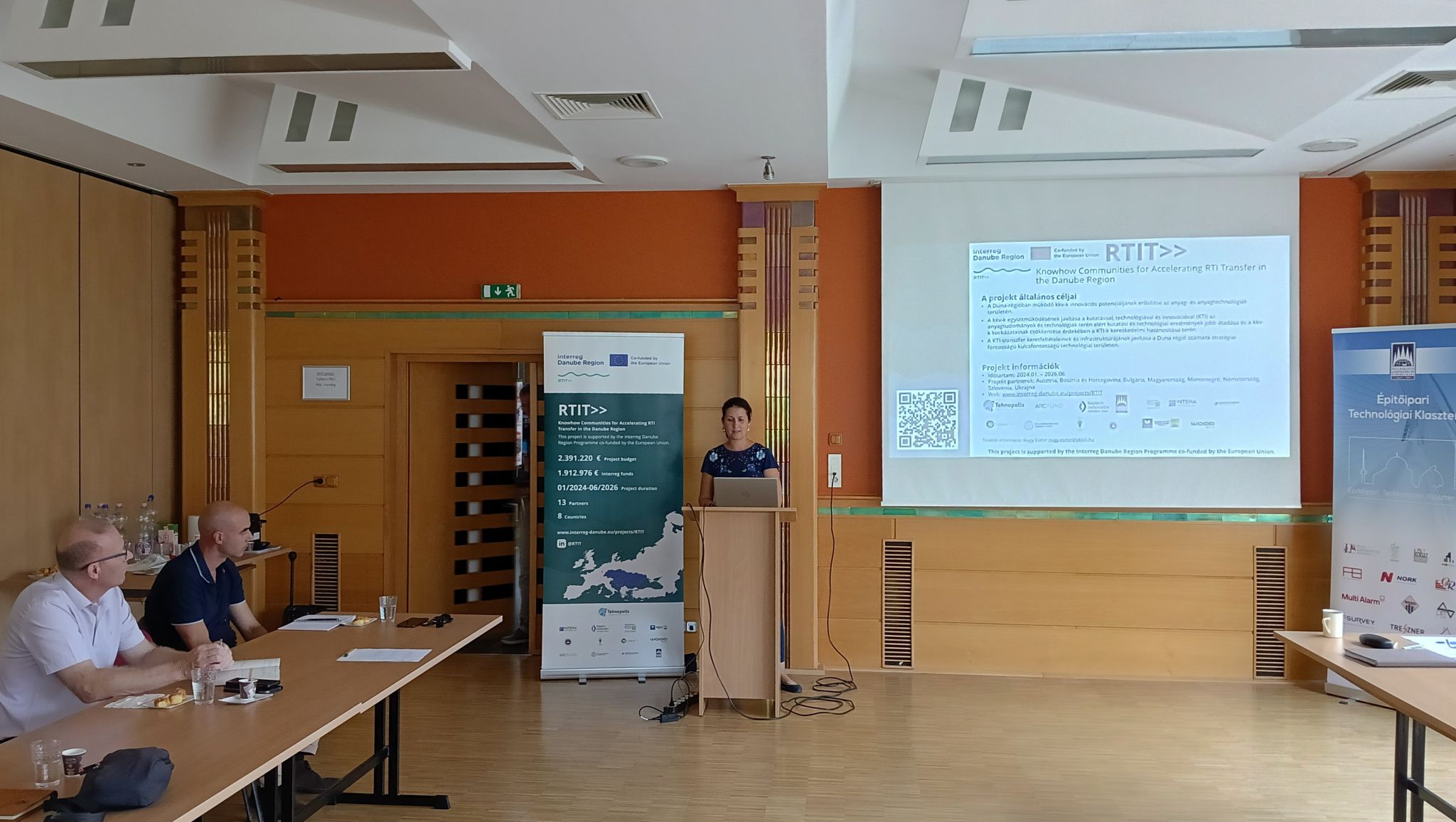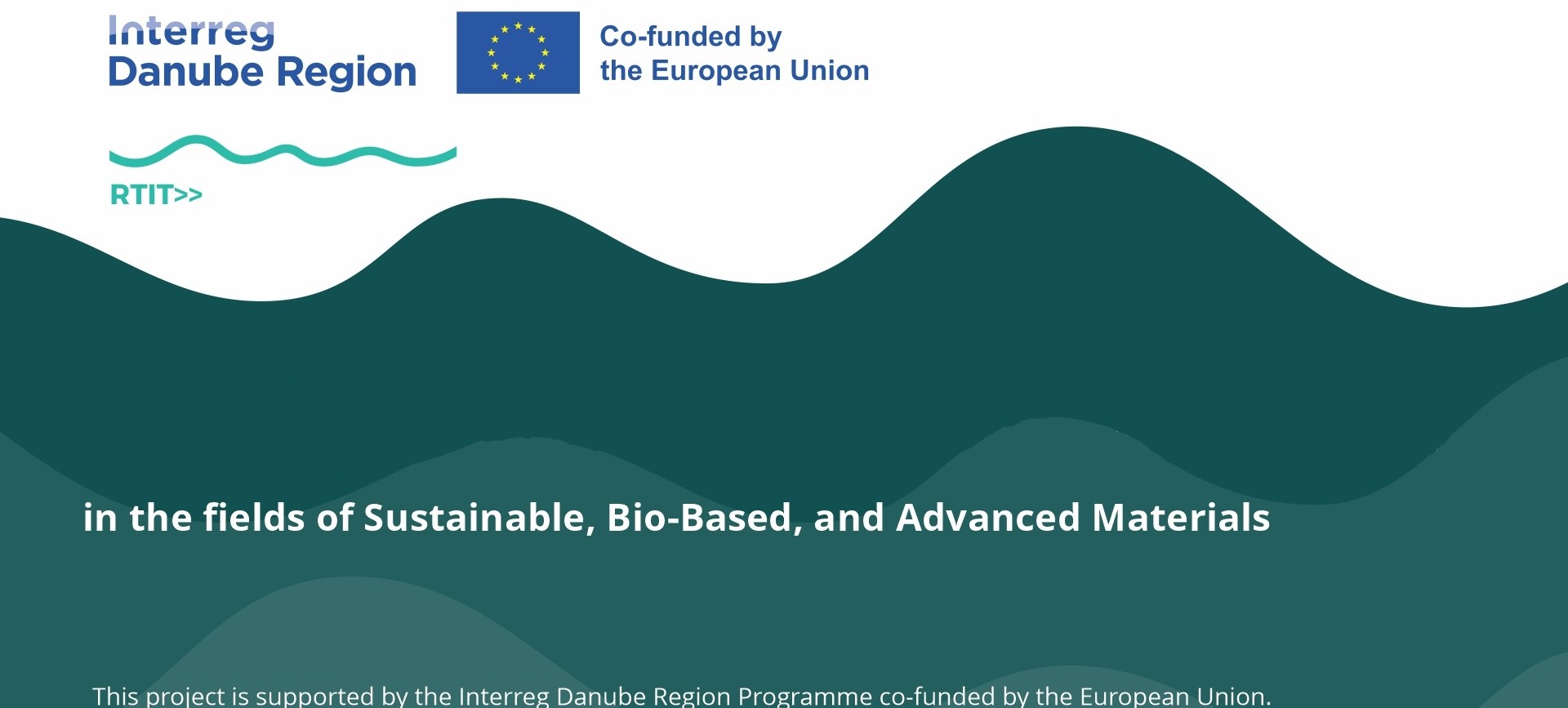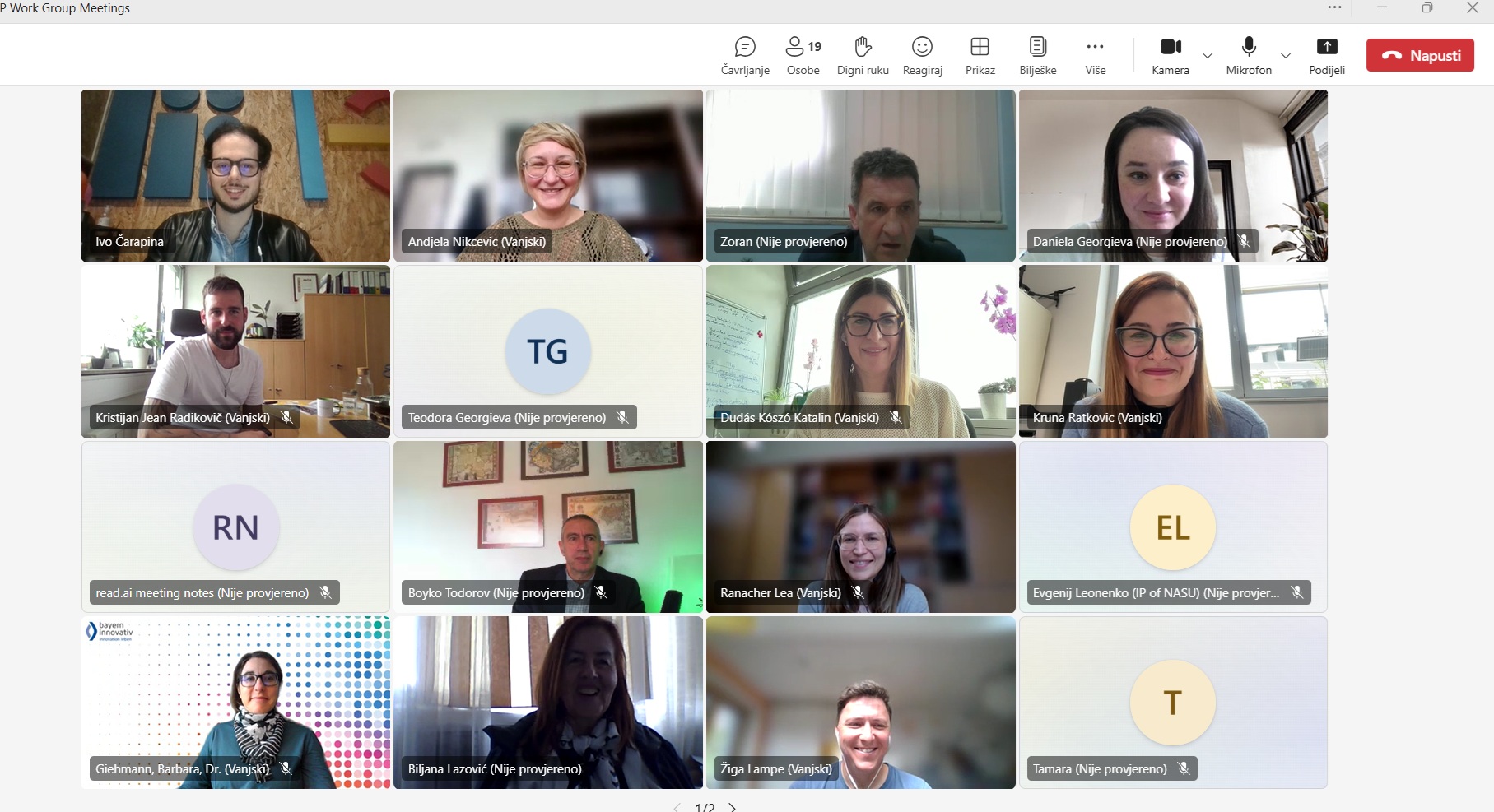
RTIT>>Action Plan Work Group Meetings
In the framework of the RTIT>> project, a dedicated Working Group for the development of the Action Plan has been formed, consisting of delegates from all partner institutions. While the group is primarily composed of project partners, some of partners appointed the external experts to contribute to this process. This group has now successfully launched a series of Action Plan Work Group Meetings aimed at shaping a transnational strategy to accelerate the transfer of research, technology, and innovation (RTI) in the field of materials and material technologies across the Danube Region.
These meetings brought together RTI experts from the eight project countries, representing partner organizations and associated strategic partners - predominantly university professors and academic researchers with deep expertise in material technologies and innovation transfer. Their engagement is instrumental in forming and activating the "know-how community," a cornerstone of the RTIT>> project. The work is guided by the New Industrial Strategy for Europe and European Industrial Innovation Policy, as well as other related EU strategies, bringing up the focus on biobased, sustainable, and advanced materials.
The Action Plan Work Groups are structured around several key phases:
1. Mapping and Gathering the Know-How Community
The first key step is identifying and forming “know-how communities”, networks of stakeholders essential for innovation transfer. The Working Group will make a pathway for roll out plans of thematic groups with the goal of developing individual tailored demonstration plans for pilots.
Initial efforts focus on mapping relevant actors such as research institutions, SMEs, start-ups, and policy stakeholders from the national level, who are applying community-building tools and involving SMEs as early reference points. The meetings are helping to identify key RTI topics and foster strong collaboration with innovation-driven businesses, while also revealing growing interest in transnational cooperation.
2. Launching the SME/Start-Up Call
As the groundwork for individual demonstration plans is laid, a targeted call will be launched to engage interested SMEs and start-ups on the identified topics. Participants will be encouraged to apply Design Thinking (DT) tools to explore collaborative opportunities.
3. Piloting Collaboration through 1:1 Engagement
The first pilot phase will introduce direct 1:1 collaboration between SMEs/start-ups and know-how community members, facilitated by internal or external experts.
4. Transnational Expansion of the Know-How Community
Building on national-level activities, the know-how community will expand at the transnational level. Thematic groups will be broadened and further engaged using tailored collaboration tools, thereby strengthening the project's reach and impact across the Danube Region.
5. Review and Reflection
In the final stage, the gathered community and thematic groups will review pilot outcomes and reflect on the effectiveness of the applied tools and methodologies. This process will provide crucial input for finalizing the RTIT>> Action Plan.
These upcoming collaborative efforts are set to play a key role in developing a strategic and binding Action Plan that aligns with regional needs, strengthens innovation capacity, and enables SMEs to tap into transnational research and business opportunities. Once finalized and endorsed through a Memorandum of Understanding (MoU), the Action Plan will serve as a foundational document guiding long-term RTI transfer and cooperation in the Danube Region.
News & Events
Read the most recent updates and explore the upcoming events.

